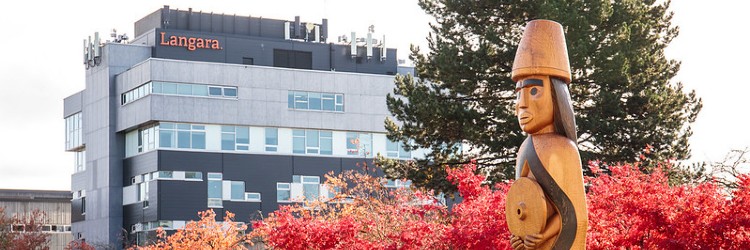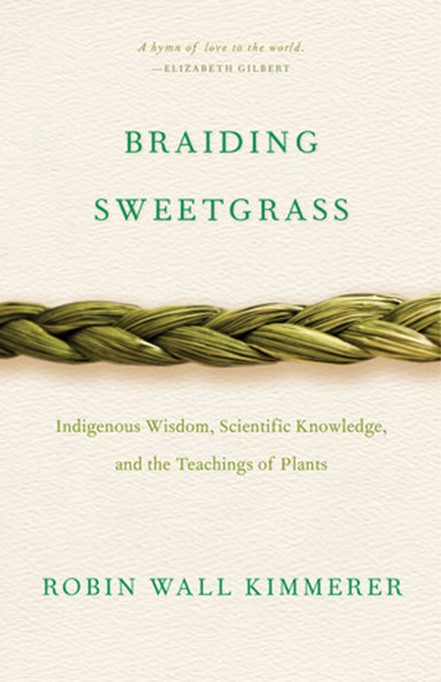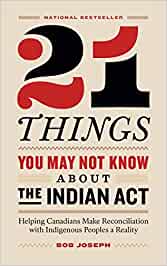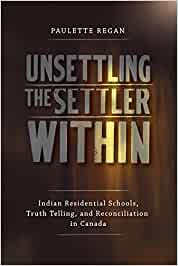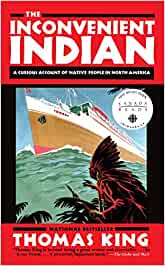The learning, unlearning and relearning needed for decolonization and Indigenization is a lifelong journey. It begins by learning the truth about Canada’s historical and current relationship with the First Peoples of this land, implementing the Truth and Reconciliation Commission (TRC) Calls to Action, and exploring Indigenous cultures, perspectives, and worldviews with curiosity and respect. These resources offer a place to start that journey.
Langara Library Resources
This Study Guide offers information on Indigenous cultures, languages, and worldviews, with a focus on Musqueam First Nation, upon whose land the College is located.
Learning About Canada’s Residential School System
This Study Guide offer information on Canada’s residential school system. Please note that the resources in this guide include survivor testimony and textual and visual depictions of psychological, physical, and sexual abuse.
Honouring Canada’s Missing and Murdered Indigenous Women and Girls
Honouring Canada’s Aboriginal Veterans
Self-Directed Studies
University of Alberta MOOC – Indigenous Canada is a free online course that explores Indigenous histories and contemporary issues in Canada.
UBC MOOC – Reconciliation Through Indigenous Education is a 6-week online course that will help you envision how Indigenous histories, perspectives, worldviews, and approaches to learning can be made part of the work we do in classrooms, organizations, communities, and our everyday experiences in ways that are thoughtful and respectful.
Indigenous Relations Academy – Indigenous Awareness is a free foundational training for those looking for some understanding of history, culture, and relationships with Indigenous Peoples.
 Truth & Reconciliation Commission
Truth & Reconciliation Commission
National Centre for Truth & Reconciliation
The NCTR is a place of learning and dialogue where the truths of the residential school experience will be honoured and kept safe for future generations. The NCTR was created as part of the mandate of the Truth and Reconciliation Commission of Canada (TRC). The TRC was charged to listen to Survivors, their families, communities and others affected by the residential school system and educate Canadians about their experiences. The resulting collection of statements, documents and other materials now forms the sacred heart of the NCTR. [Excerpt from nctr.ca]
Truth and Reconciliation Commission of Canada: Calls to Action
In order to redress the legacy of residential schools and advance the process of Canadian reconciliation, the Truth and Reconciliation Commission makes the following calls to action. [Excerpt from Calls to Action]
Personal Reconciliation Journeys
Indigenous Foundations is an information resource on key topics relating to the histories, politics, and cultures of the Indigenous Peoples of Canada. This website was developed to support students in their studies, and to provide instructors, researchers and the broader public with a place to begin exploring topics that relate to Indigenous Peoples, cultures, and histories. Indigenous Foundations was developed by the First Nations Studies Program at the University of British Columbia, located on the traditional, ancestral, and unceded territory of the Musqueam people. [Excerpt from website]
Books
Search for these titles at the Langara Library.
Resources compiled by Shelby Loft, Curriculum Consultant and Indigenization Specialist.
